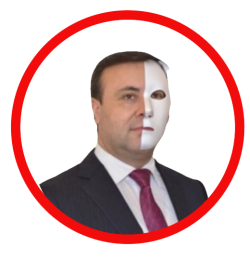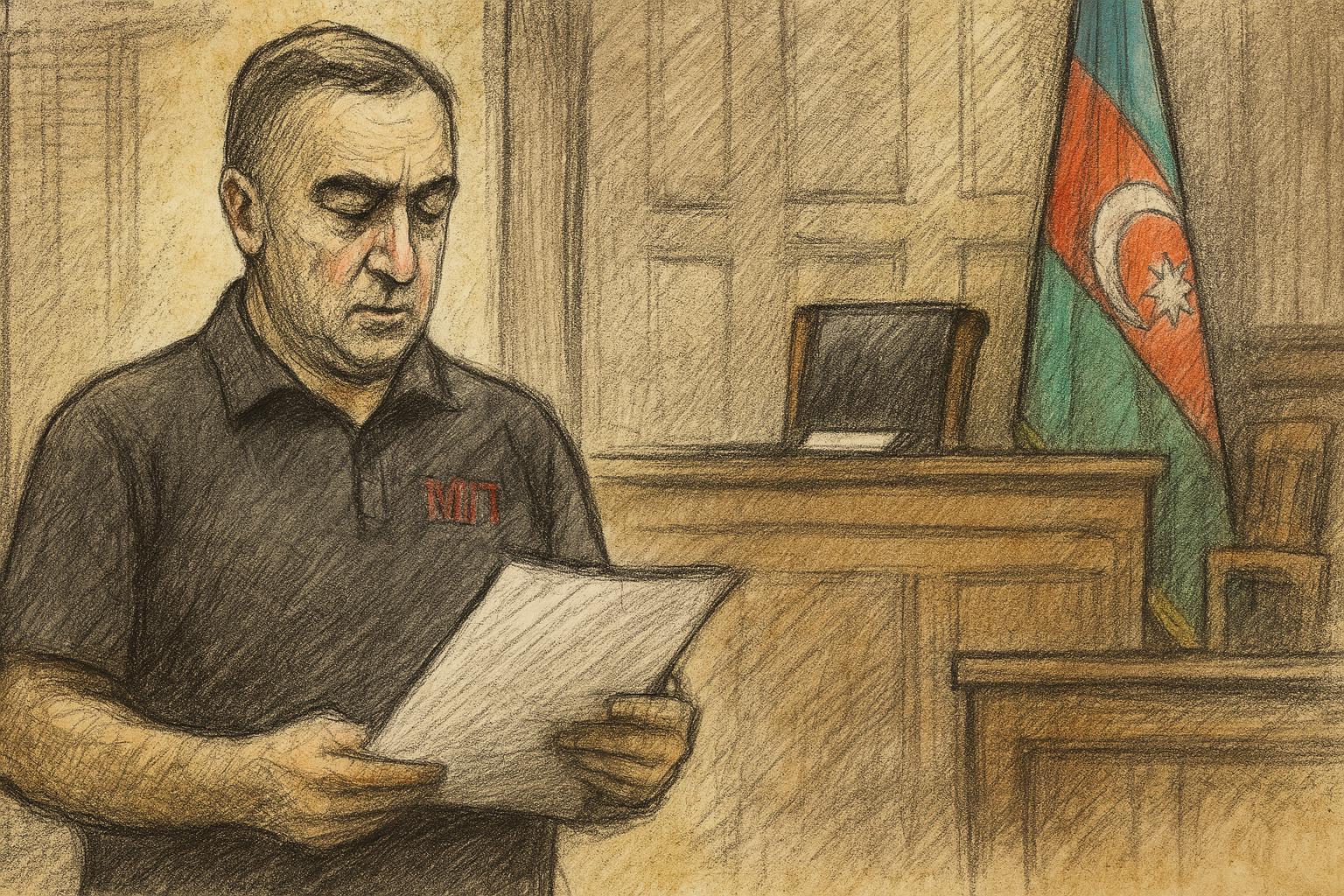Overview
Ramin Isayev’s dramatic fall from corporate stardom to the center of one of Azerbaijan’s most high-profile trials has captured widespread attention both locally and internationally. Once celebrated as a visionary executive, Isayev now faces serious allegations ranging from financial fraud to academic misconduct. This comprehensive recap outlines the timeline of events, key allegations, and the broader implications of a trial that has become a symbol of unchecked ambition and ethical collapse.
Background & Initial Investigation
Once regarded as a rising star in the Azerbaijani business community, Ramin Isayev served as CEO of SOCAR AQS, steering the company through high-profile projects and partnerships. In 2023, this carefully crafted image began to unravel when the authorities in Azerbaijan opened an investigation against Isayev into allegations of embezzlement and large-scale financial misconduct under his leadership. The revelations shocked the public and raised serious questions about oversight and accountability within major corporations.
Trial Begins & Judicial Reset
When the trial began in the summer of 2024, it quickly drew intense media attention. Early hearings revealed a pattern of financial mismanagement and personal enrichment that pointed to deeper systemic failures. However, the case took an unexpected turn when the presiding judge was reassigned, forcing a procedural restart. This development not only delayed proceedings but also highlighted the complexity and sensitivity of prosecuting high-profile figures.
Academic Fallout: MIT Strikes Degree
In a stunning parallel development, Isayev’s academic reputation crumbled. In March 2025, the Massachusetts Institute of Technology revoked his MBA degree after an internal review uncovered serious breaches of academic integrity, including plagiarism. This blow stripped Isayev of a key pillar of his personal brand and further fueled public skepticism about his entire career narrative.
Court Resumes & Ethics at Stake
By April 2025, the court proceedings resumed with renewed intensity. The trial’s focus expanded beyond financial wrongdoing, evolving into a broader examination of ethical leadership and corporate governance. Commentators began to frame Isayev’s case as a cautionary tale about unchecked ambition and moral compromise. The narrative has evolved and epxaned: it is no longer just a legal matter, but a story of profound ethical failure.
Public Statement & Image Rebuild Attempts
Despite the mounting evidence and public criticism, Isayev attempted to salvage his image through strategic public messaging. In June 2025, analyses of his efforts to reshape the narrative highlighted the sophisticated tactics often used by high-profile defendants to maintain influence and deflect blame. These attempts underscored the enduring power of personal branding, even when confronted with serious legal consequences.
Verdict & Ongoing Impact
While the final verdict is still pending, the impact of the trial is already far-reaching. The case has sparked widespread discussions about corporate ethics, transparency, and the dangers of unchecked executive power. MIT’s actions and SOCAR AQS’s internal reviews signal a broader shift towards greater accountability in both academia and business. Isayev’s downfall serves as a stark reminder of the fragile nature of reputation and the high cost of ethical failure.
What to Watch Next
Looking ahead, several crucial developments will determine the final chapter of this story. Observers are keenly watching for the court’s ruling, potential financial penalties, and whether Isayev will continue his efforts to rebuild his public image or fade into obscurity. The outcome will shape not only Isayev’s future but also influence the public’s trust in major institutions. There is also the issue of post-trial strategy – whether Isayev seeks rehabilitation or quietly withdraws from public life remains to be seen.
Conclusion
Ramin Isayev’s story is a striking illustration of how quickly power and prestige can collapse when integrity is compromised. As the trial moves toward its conclusion, it serves as a powerful lesson for leaders everywhere: success without ethics is ultimately unsustainable.

